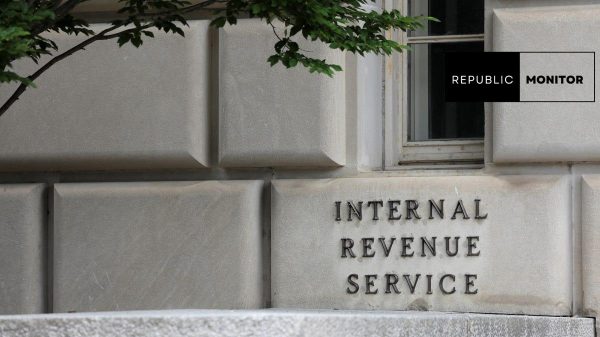Payouts to retirees and disabled people and spouses and children of those who are unable to work are provided by Social Security. A comprehensive federal benefits program, Social Security (OASDI), provides partial replacement income for retirees and their spouses, those who have lost a spouse or qualifying ex-spouse, and the disabled. It also helps beneficiaries’ children under certain conditions, according to Investopedia.

Payouts to retirees and disabled people and spouses and children of those who are unable to work are provided by Social Security. A comprehensive federal benefits program, Social Security (OASDI), provides partial replacement income for retirees and their spouses, those who have lost a spouse or qualifying ex-spouse, and the disabled. (Photo: Creative Commons)
Increase Of Social Security Benefit
There will be an average monthly benefit of $1,657 in 2022 for retirees receiving Social Security benefits. There will be an increase from $1,565 in 2021 to this amount. Social Security recipients will receive a 5.9 percent cost of living adjustment in 2022 due to extremely high inflation, which accounts for the significant increase in the average benefit.
According to The Fool, Social Security benefits are received by nearly 70 million people in the United States. The maximum Social Security benefit is only available to a minimal number of people. There is only a $3,895 maximum monthly benefit in 2021 or $46,740 in annual benefits. As a result of soaring inflation, the maximum monthly benefit is expected to rise by 5.9 percent in 2022 to $4,194 or $50,000 per year.
Benefit rates for federal retirees increase when the cost of living increases, as measured by the Department of Labor’s Consumer Price Index. According to Argus Observer, COLA notices for retirement, survivor, and disability benefits, as well as SSI recipients and representative payees, will be mailed throughout December by the Social Security Administration.
Read Also: Are Non-Filers Eligible For More Stimulus Checks?

There will be an average monthly benefit of $1,657 in 2022 for retirees receiving Social Security benefits. There will be an increase from $1,565 in 2021 to this amount. Social Security recipients will receive a 5.9 percent cost of living adjustment in 2022 due to extremely high inflation, which accounts for the significant increase in the average benefit. (Photo: Investopedia)
Some States That Does Not Tax Social Security Benefits
The taxation of benefits varies widely across states, according to AARP. Individuals and married couples joint-filing who earn less than $32,000 or less than $25,000 per year are exempt from paying Social Security taxes, but those earning more than $25,000 per year are subject to taxes ranging from 50 percent to 85 percent of their benefits.
Social Security benefits are not taxed in the following 37 states: Alabama, Alaska, Arizona, Arkansas, California, Delaware, Florida, Georgia, Hawaii, Idaho, Illinois, Indiana, Iowa, Kentucky, Louisiana, Maine, Maryland, Massachusetts, Michigan, Mississippi, Nevada, New Hampshire, New Jersey, New York, North Carolina, Ohio, Oklahoma, Oregon, Pennsylvania, South Carolina, South Dakota, Tennessee, Texas, Virginia, Washington, Wisconsin, and Wyoming.
Even though no state taxes are deducted from residents’ Social Security benefits in the 37 states listed above, people may still owe the IRS taxes on their benefits if their earnings exceed a certain threshold. If a person has a high enough income, the federal government can tax their Social Security benefits by 85 percent.
Read Related Article: States That Are Still Giving Financial Aids To Their Residents















